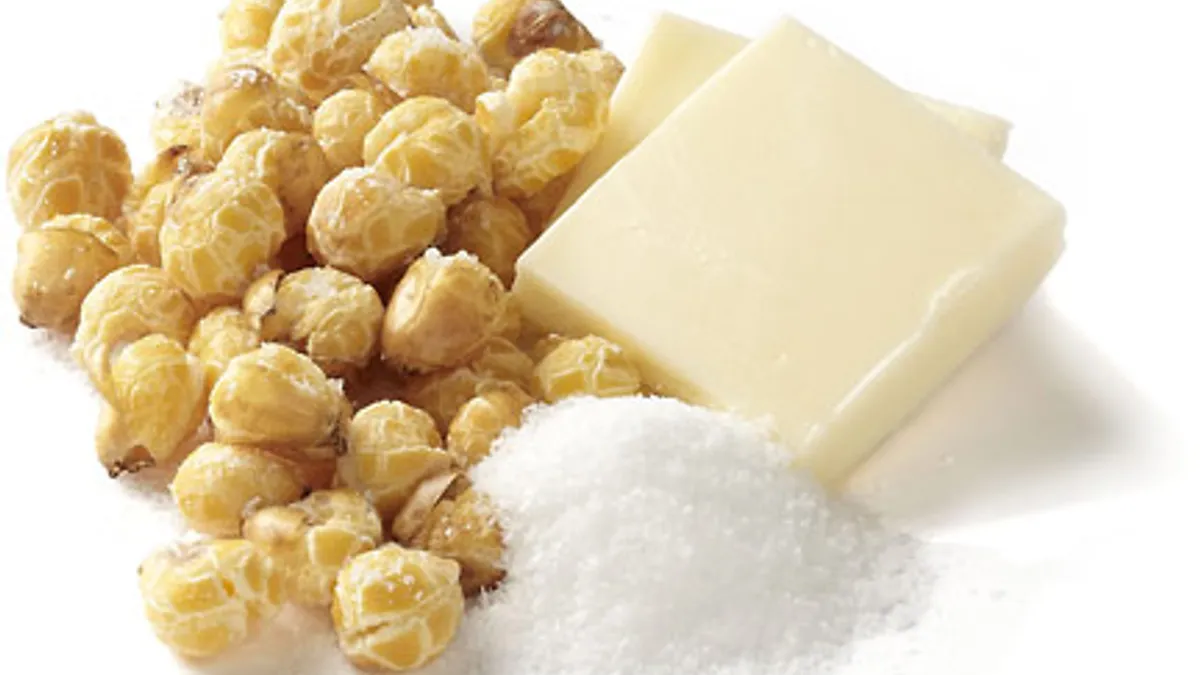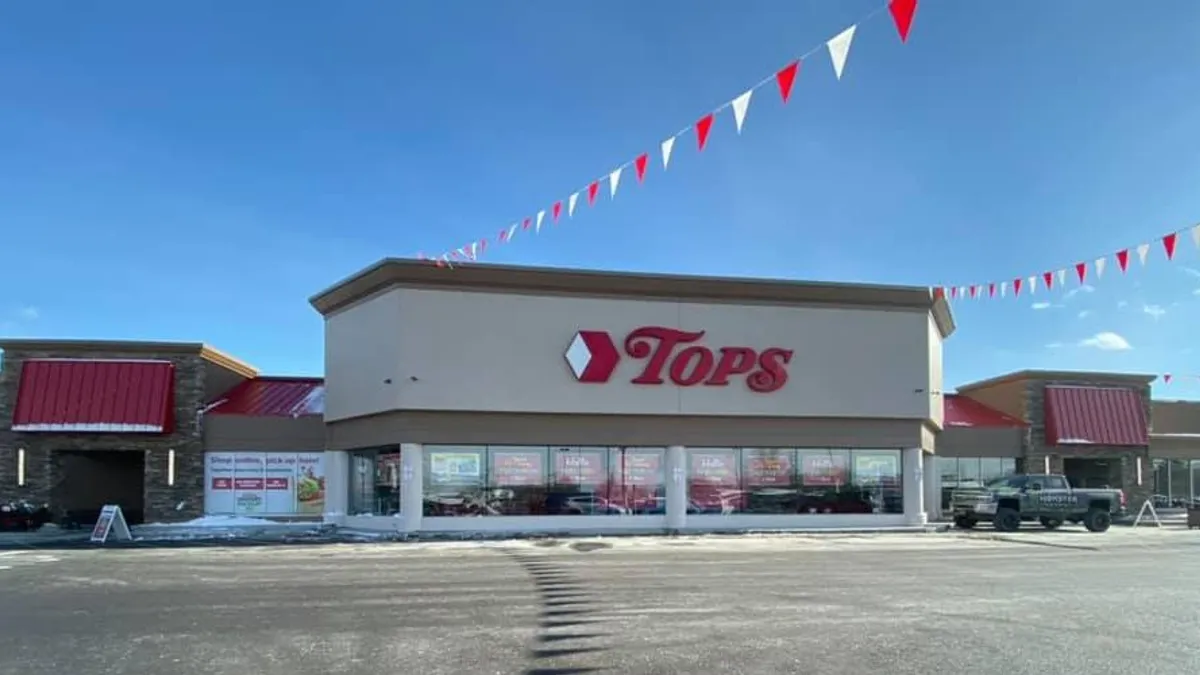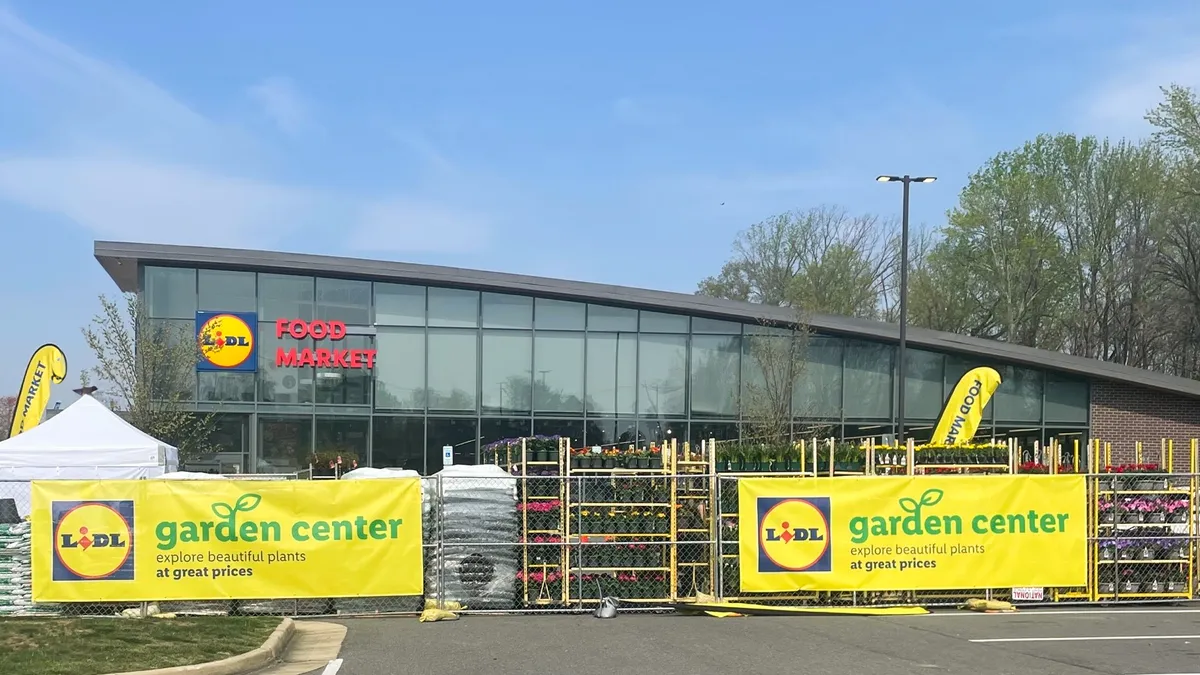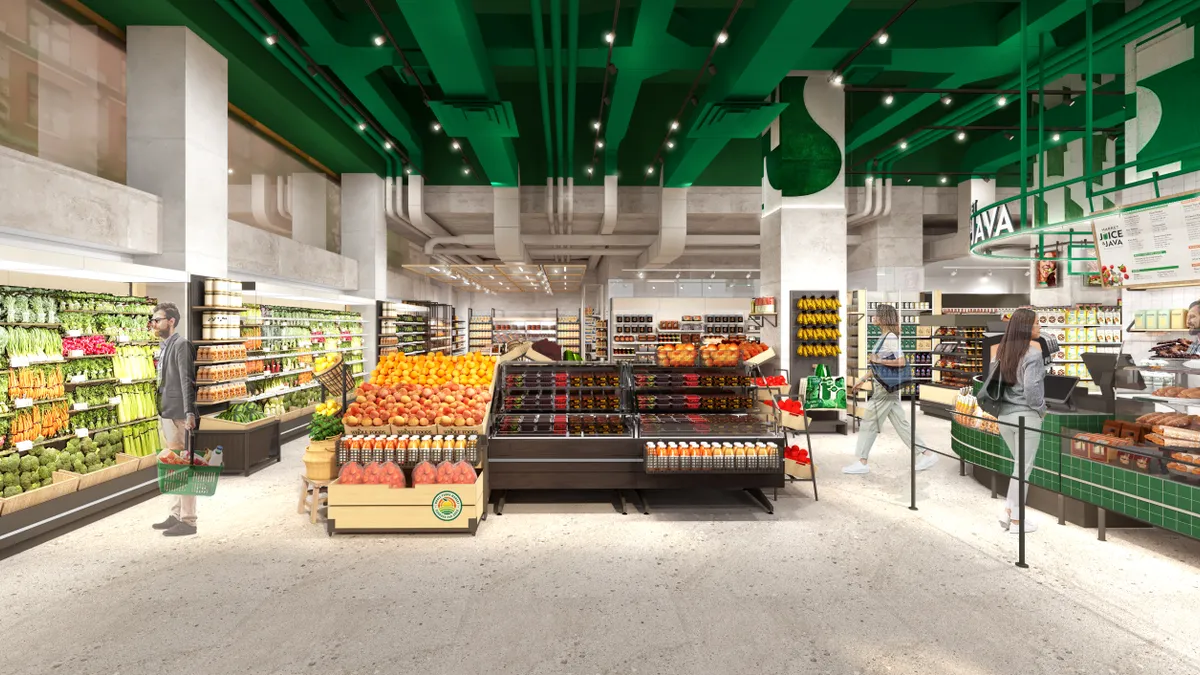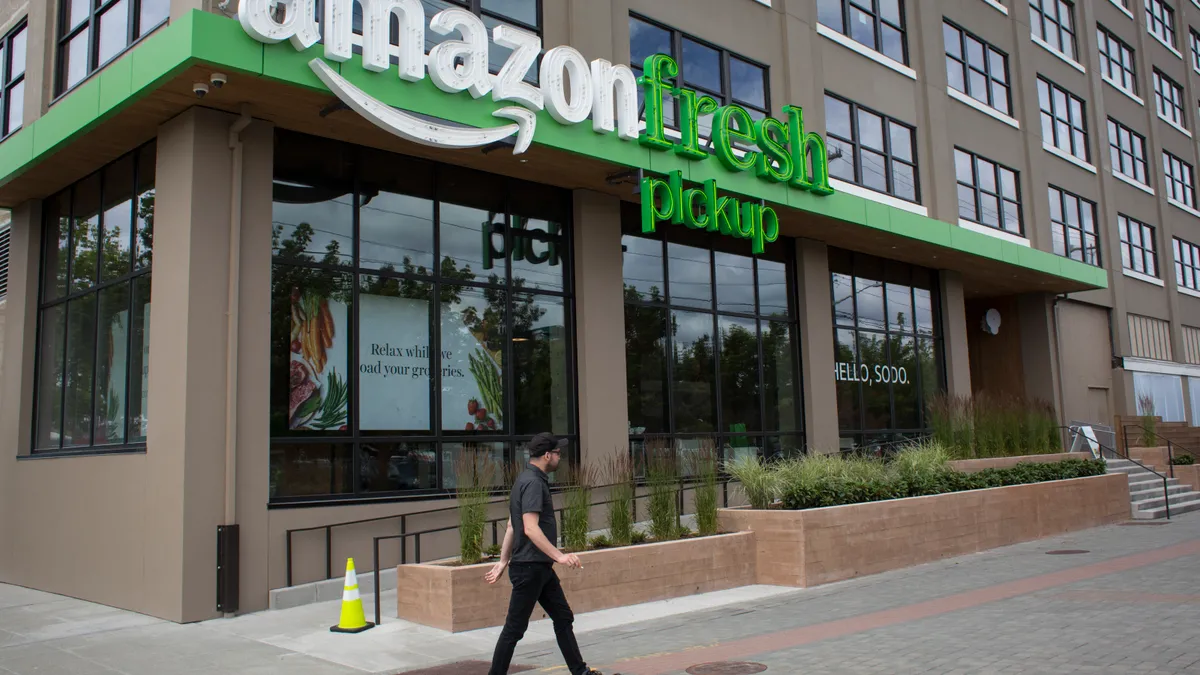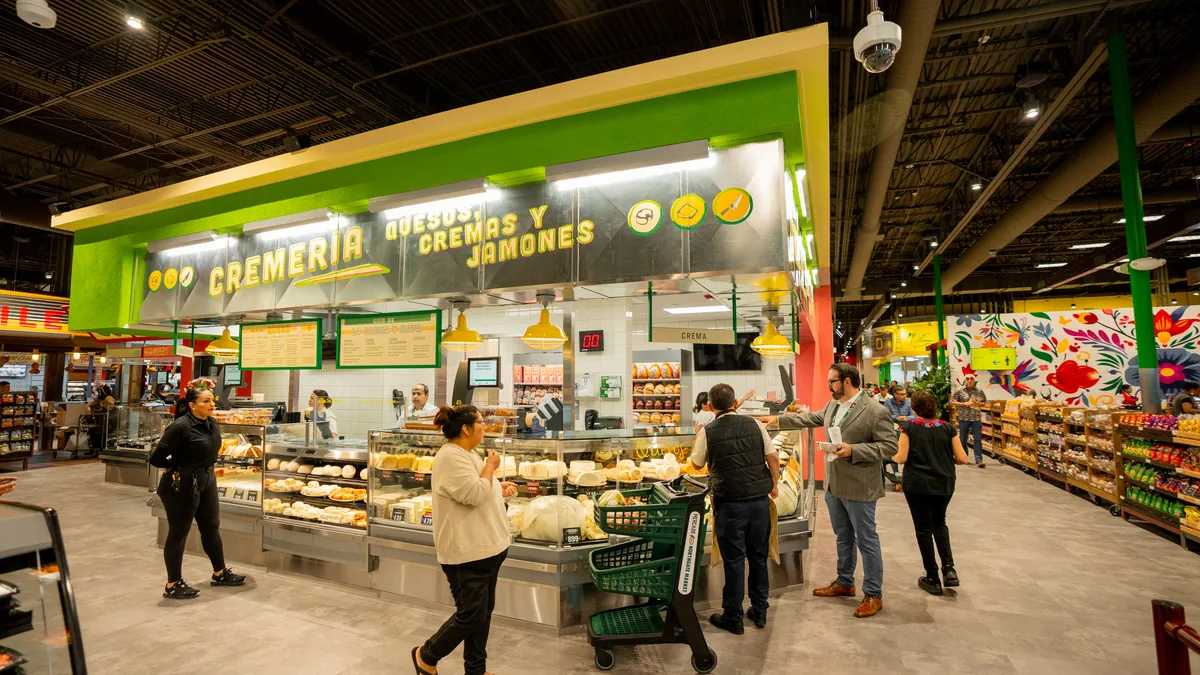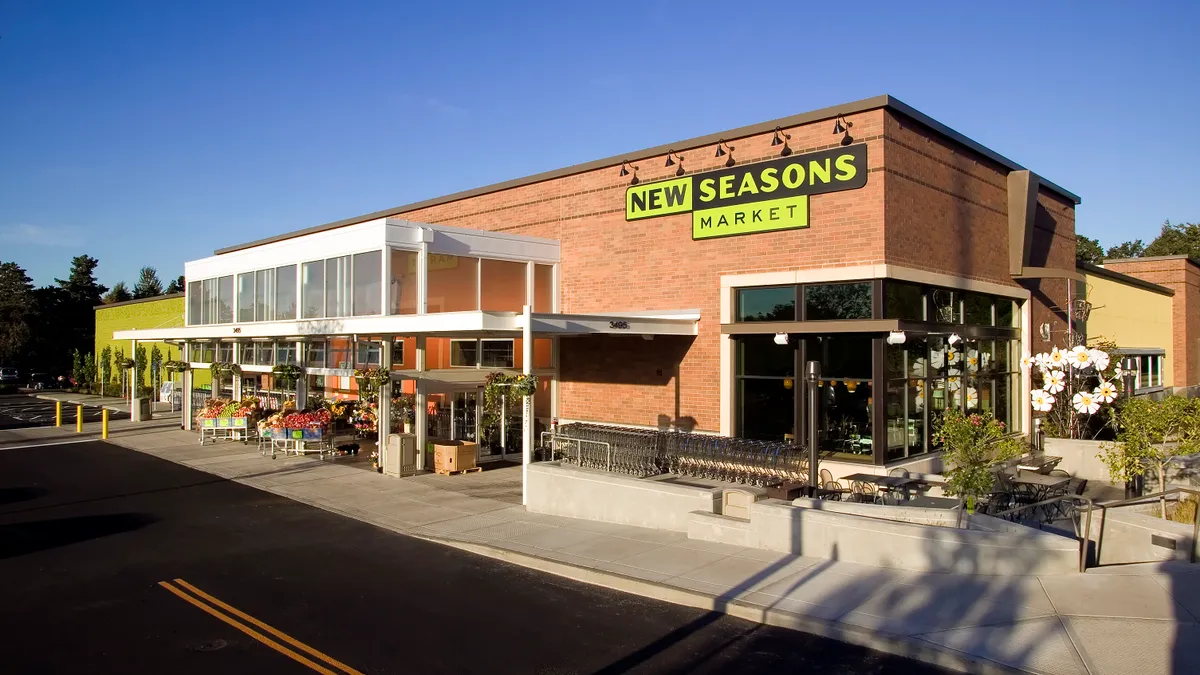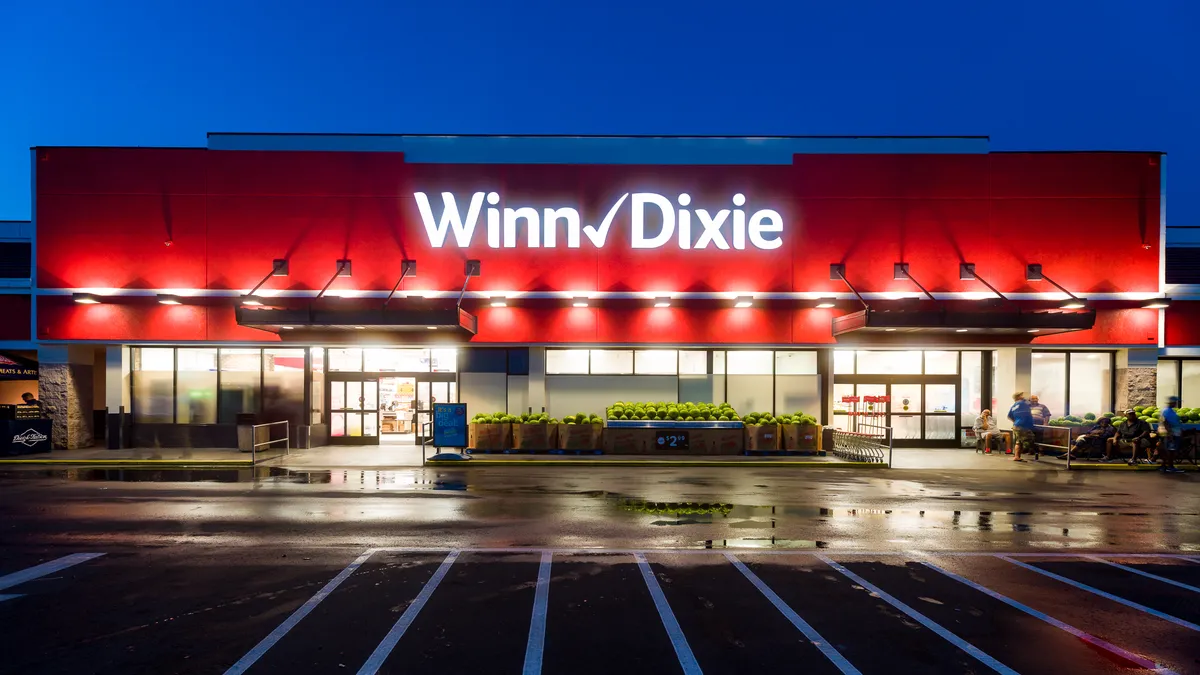As the food industry becomes more driven by trends, more startups have entered the market, trying to bring something new, different and on-trend to consumers. From disrupting snacking to clean labels to a different kind of treat, startups begin with a vision and plan for the company.
Through our publication's history, we've taken a look at many of these startups as they've tried to get what they hope is the next big thing off the ground. We've followed up with nine of them to see who's retooled, who's made it, and who's exited the scene.
Halfpops Inc.
We first met Halfpops in April 2014 when the then-three-year-old Pacific Northwest startup was building its brand with their partially-popped popcorn snacks, available in two flavors in select stores in the Northwest, California, and New York.
From those humble beginnings, the brand is now available in over 4,000 stores nationally, including Kroger, Stop & Shop, Whole Foods, Sprouts and 7-Eleven.
“We feel Halfpops are the perfect way to eat popcorn," Mike Watts, the company’s vice president of marketing, told Food Dive. "Halfpops have all the health attributes of popcorn with the crunch consumers look for in a salted snack.”
In 2016, Halfpops had a brand revamp and launched new packaging, a new website, and three new flavors.
“Introducing a completely new product category is always a challenge. For us, it is about getting as many people to try the product as we can because we know that once a consumer tries the product they will love it,” Watts said. “We feel the new look and feel of the brand embraces the company’s young and energetic spirit.”
Beyond Meat
When we first checked in on Beyond Meat in April of 2014, the company making chicken and beef-free products with non-GMO soy said they hoped to reduce global meat consumption 25 percent by 2020.
The company is already on its way to meeting that goal.
“Beyond Meat has always been on a mission to deliver The Future Of Protein—plant-based meats that allow consumers to eat more of the traditional dishes they love, while feeling great about the health, sustainability, and animal welfare benefits of plant protein,” Ethan Brown, Beyond Meat’s founder and CEO, told Food Dive in an email. “In order to create a product that is completely indistinguishable from animal protein, we’ve sought to understand meat better than anyone else on the planet. We’ve built a formidable R&D team and accumulated seven years of experience making plant-based meats.”
The payoff to this investment and hard-earned experience is The Beyond Burger, its most transformational product to date.
“It’s so beef-like, it’s being shelved in the meat section of the grocery store to sell-out consumer demand,” Brown said. “While we’re proud of it, we’re already working on improvements as well as what’s next.”
Nouri
When Washington, D.C.-based Nouri began, the mission of the husband and wife co-owners Veneka Chagwedera and Jared Crooks was to donate a hot meal to a student—many of them orphans living in some of the world’s poorest countries—to anyone who bought a 100% vegan, dairy-free, all-natural, gluten free Nouri Bar.
Initially, the program was aimed at supporting children in Botswana, but it grew to feed children in Guatemala, Kenya and even the U.S. As of 2015, it had provided more than 100,000 meals.
The company seems to have gone dark. Its website is offline and the last social media contact was in early 2015.
TRUEnergy
At the beginning of 2016, we looked in on TRUEnergy, a healthier alternative to traditional energy shot products. Since that time, the startup has done its part to disrupt the energy shot market with a product that is caffeinated by green tea extract.
In 2016, it raised $85,000, completed a successful Kickstarter campaign for more than $17,000, sold out its first run of 6,500 bottles and completed a second run of 26,000 bottles.
Jack McNamara, CEO of Tru Inc., notes that the company has taken time to build out a foundation that could scale quickly from 26,000 to 1 million bottles in the matter of weeks. Over the past few months, the company has garnered some serious interest from investors.
“It is always exhilarating when you find other people who have the same passion for the industry and believe in the business just as much as you,” he told Food Dive. “With each new investor, the excitement builds, the stress compounds, and confidence increases; and I absolutely love it.”
Sexy Pop
When Robert Ehrlich introduced Sexy Pop in 2013, the entrepreneur was looking to add to the success he found as creator of Pirate’s Booty. His product—called “Sexy Chips”— offered unique flavors in chips like spinach and matcha tea flavor.
Since then, the company has transitioned to offering Vegan Rob’s chips, still offering unique tastes, but in a healthier way.
Bizzy Coffee
When the company first started, it was two best friends thirsty to bring a product to market that made a huge difference in their own lives. Today, the company has grown to the No. 1 cold brew coffee on Amazon, launching on Amazon Canada, and showing up in over 100-plus retail stores.
In 2017, it is launching a new product line. Andrew Healy, COO of the company, said its biggest success thus far is its online sales traction.
“We recently leveraged our large number of online customers by giving them a survey asking them how they interacted with the products,” he told Food Dive in an email. “The responses provided us with a great insight and lead us to develop the new product we are unveiling early next year.”
The biggest challenge, he said, is distribution.
“Retailers often make decisions about what products are on shelf 6-12 months in advance, which means you could be waiting months to sell one unit even if a retailer loves the product,” Healy said. “We have quickly been able to grow to the No. 1 cold brew coffee on Amazon and sell successfully through our website. This has been critical for us to not only get sales revenue, but also grow our brand online and sell nationally to all 50 states.”
Pipcorn
At the 2015 Fancy Food Show, we discovered Pipcorn, a mini popcorn that was founded by Jeff and Jen Martin, a dynamic brother and sister team, who appeared on Shark Tank and received $200,000 in funding. The popcorn is gluten free, vegan, whole grain, and non-GMO certified. All of its delicious flavors are popped in small batches and seasoned by hand.
Since then, the company has upped production and has amassed sales of more than $3 million.
Colonel Pabst’s All Malt Amber-Lager Worcestershire Sauce
Another find of the 2015 Fancy Food Show was Colonel Pabst’s All Malt Amber-Lager Worcestershire Sauce, which is made with fresh Milwaukee Amber Lager and blends in 21 all-natural ingredients from around the world. A spokesperson for the company shared it plans to expand in 2017.
ProTings
In May, we looked in on ProTings, a protein chip that co-founder Krik Angacian developed after eating an unsatisfying protein bar after a workout. The company is now completely different beast when it first started.
“We recently changed our branding and packaging including our name from ProTings to Protes,” Angacian told Food Dive. “A few months back, we closed our Series A with a Fortune 100 food/beverage company. We started breaking into more grocery chains like Giant Eagle and HyVee, and are looking at launches into Vitamin World and Vitamin Shoppe in Q1. What I’m really excited about is getting our new product line out in the market. It stays within protein, but is a whole new take on snacking.”
The company is launching and selling in different channels including sports nutrition, grocery, and foodservice, and in countries such as the Dominican Republic, Canada, Norway and Kuwait.


